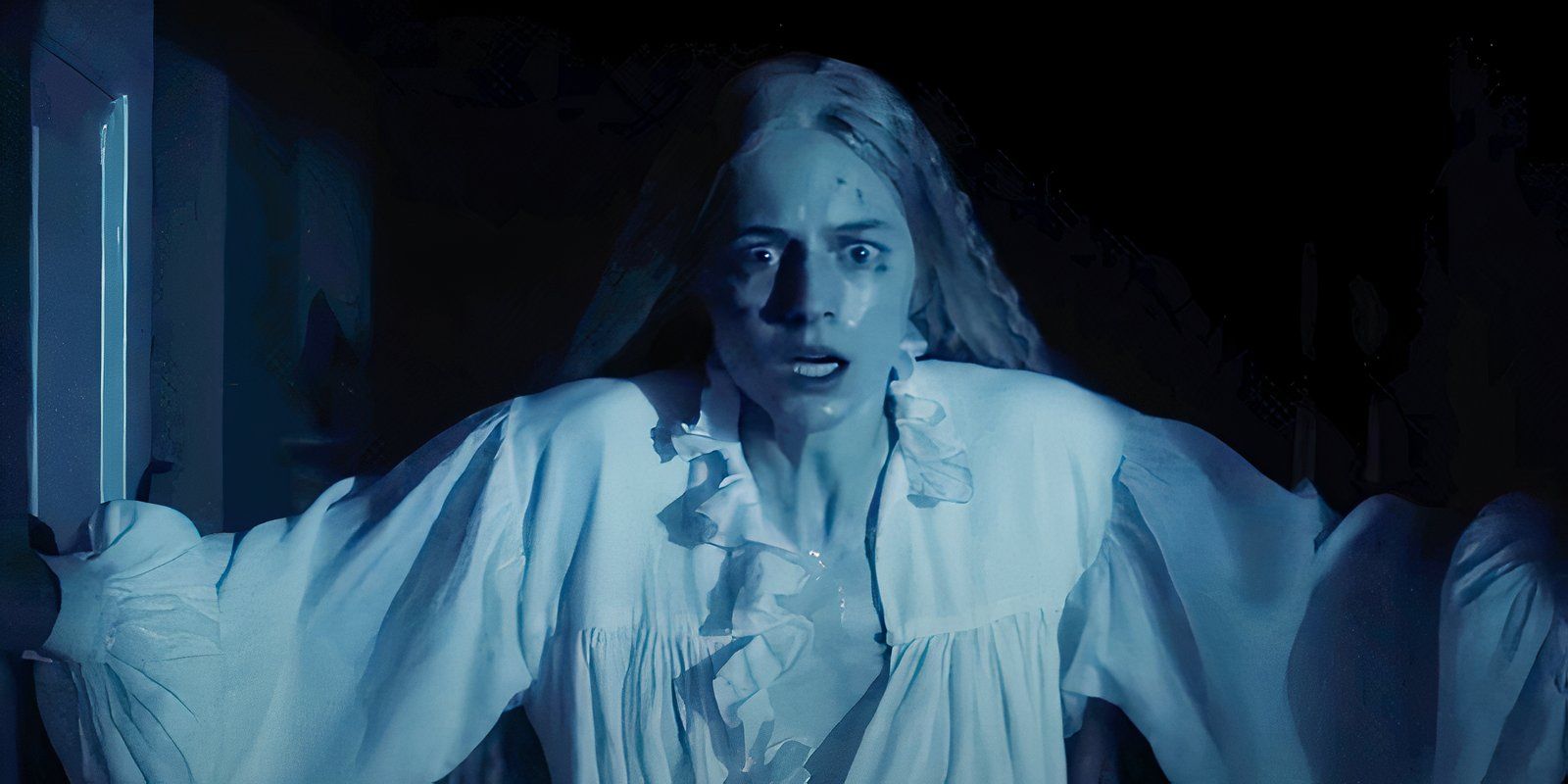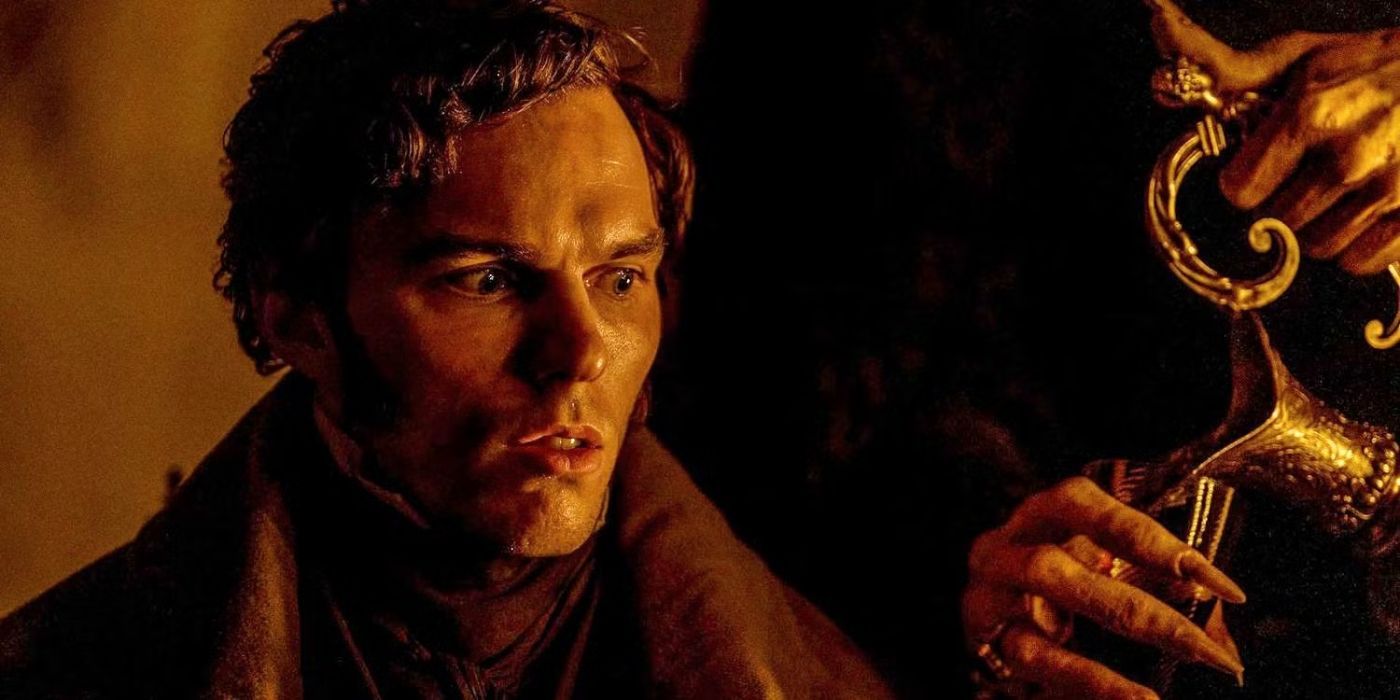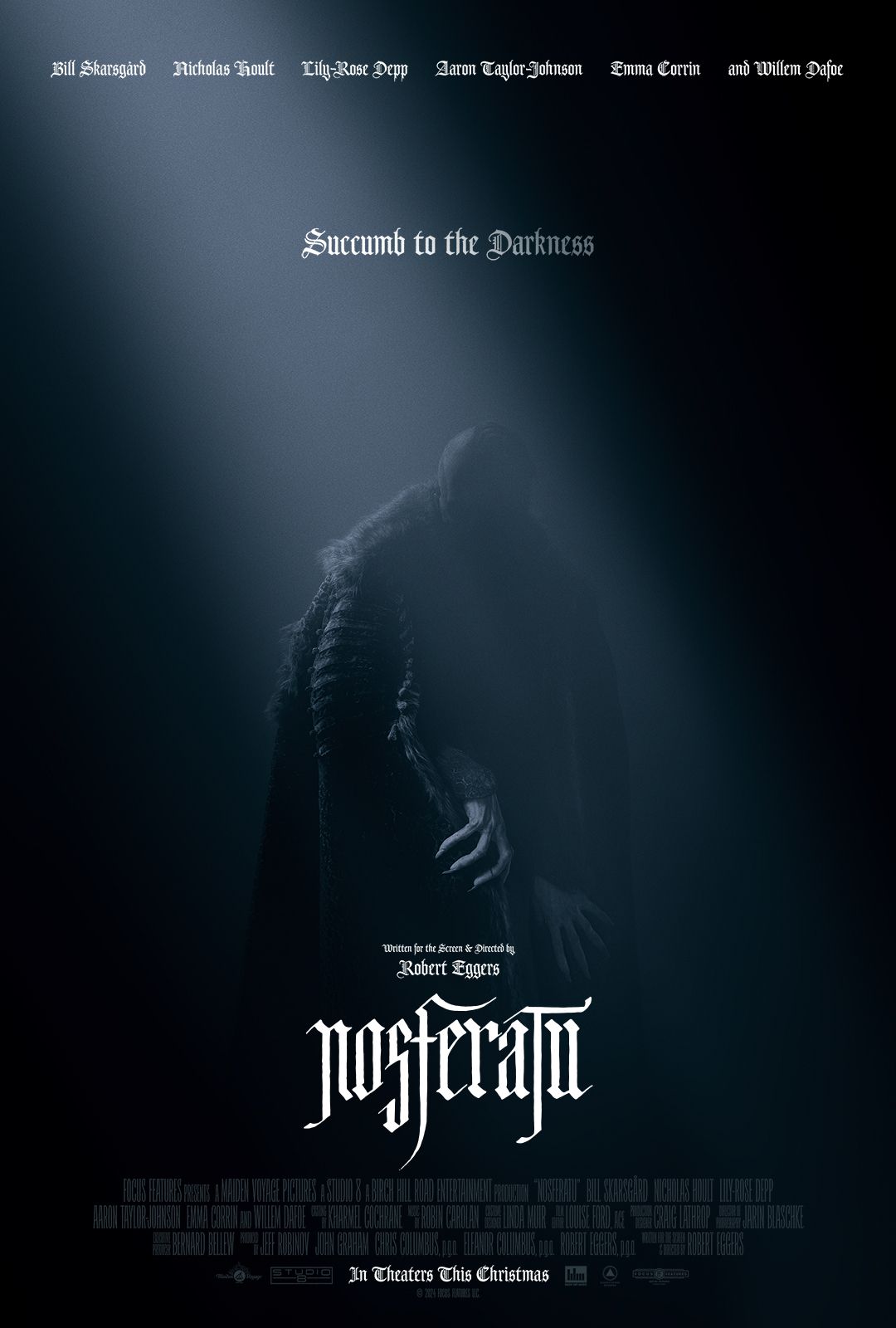Nosferatu director Robert Eggers explains why horror deserves more respect. The new gothic horror movie follows the eerie journey of Count Orlok (Bill Skarsgård), the sinister vampire who first appeared in F.W. Murnau’s 1922 silent film. As the Count preys upon the residents of a remote seaside village, the haunted Ellen Hutter (Lily-Rose Depp) and her husband, Thomas (Nicholas Hoult), are drawn closer into the shadows of their imminent doom. Produced by Focus Features, Nosferatu has been a hit since it released on Christmas Day.
In an interview with SlashFilm, Eggers points out a widespread antipathy to genre films, particularly horror. As a filmmaker who has dedicated much of his career to exploring the darker corners of human nature through the occult, gore, and folklore, Eggers has witnessed firsthand how horror films are often dismissed by critics and moviegoers alike. Here’s what the director had to say:
I just think that because of the history of genre films originally often being relegated to B-movies, I think it’s just something that people haven’t totally wrapped their minds around as considering something as important.
We know that it’s important to explore the darkness in humanity, so there is great value in expressing what it is to be human with other humans by looking at the stuff that we don’t necessarily want to look at, but that can be difficult.
What Eggers’ Defense Of The Genre Film Means
Horror Still Struggles For Recognition
Robert Eggers’ Nosferatu arrives after a period of reinvention for the horror genre, which has moved beyond the clichés of gore-filled slashers and one-dimensional characters of the early ’80s and ’90s, although films such as A Nightmare on Elm Street, The Thing, It, and Silence of the Lambs were surely the foundation for the richly layered horror of today. Films like Jordan Peele’s Get Out redefined horror as a medium for complex social commentary, with Peele’s thrilling portrayal of race and exploitation earning the director an Academy Award for Best Original Screenplay.
Related
Nosferatu’s Final Scene Explained & What Robert Eggers Has Said About It
The ending of 2024’s Nosferatu is not only shocking, but it also has a deep symbolic meaning that director Robert Eggers firmly stands by.
The rise of “elevated horror,” a subgenre championed by contemporary directors such as Peele, Ari Aster (Hereditary), and Eggers himself, reflects the growing sophistication of these narratives. These filmmakers use horror as a vehicle to deconstruct humanity’s darkest impulses, with an emotional and intellectual depth that could rival any drama. However, despite the genre’s evolution, horror remains largely overlooked by prestigious institutions. The Academy often fails to acknowledge the brilliant performances and technical achievements within the genre, to the dismay of fans and critics.
Our Take On Robert Eggers And Horror’s Legacy
Horror Is Finally Getting Its Moment — But It’s Long Overdue
While Nosferatu‘s awards potential remains to be seen, the gothic vampire movie is already being hailed as one of Eggers’ finest works, grossing $40.3 million domestically and ranking as the sixth highest-grossing horror film of the year. Eggers’ passion for horror and its potential as an art form is evident in every frame of Nosferatu. His work embodies the idea that horror is not just about scares but about confronting the parts of ourselves we often try to ignore. With its chilling performances and gothic beauty, Nosferatu stands as a testament to what horror can achieve.
Despite its ongoing struggles for mainstream recognition, the genre has never been more vibrant. Films like Nosferatu remind us of horror’s unique ability to blend entertainment with profound emotional and psychological exploration. Eggers’ call for respect isn’t just a defense of his work—it’s a rallying cry for a genre that has long deserved its place among cinema’s most celebrated.
Source: SlashFilm



